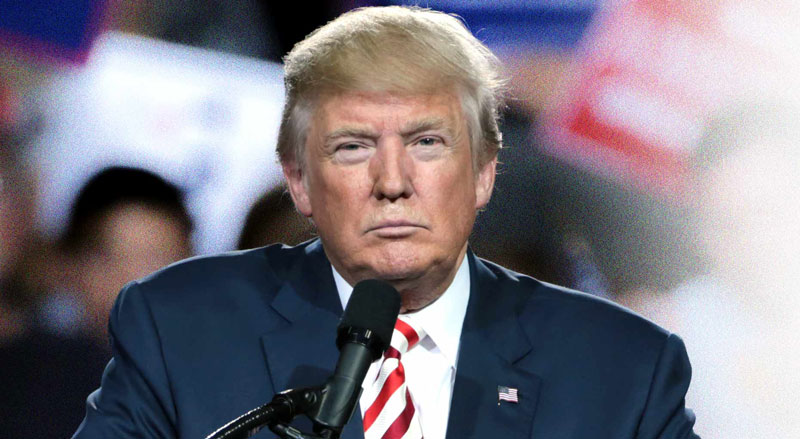Last week, the Supreme Court rejected Special Counsel Jack Smith’s request that the high court fast-track an appeal by former President Donald Trump claiming immunity from the charges related to the violence at the Capitol on Jan. 6, 2021. While the immunity questions will likely return to the Supreme Court after the D.C. Circuit weighs in on the issues, before then the justices will consider the validity of two of the four charges levied against the former president — and it is likely a majority of the Supreme Court will rule that the “crimes” the special counsel charged are not crimes at all. Here’s your lawsplainer.
Smith charged Trump in a four-count indictment in a federal court in D.C., seeking to hold the former president and 2024 GOP front-runner criminally responsible for the events of Jan. 6, 2021. Specifically, the indictment charged Trump with conspiracy to defraud the United States, conspiracy against rights, conspiracy to obstruct an official proceeding, and obstruction of and attempt to obstruct an official proceeding.
While all four theories of criminal liability are weak, the Supreme Court will soon decide whether the events of Jan. 6 qualify as criminal obstruction of an official proceeding under Section 1512 of the federal criminal code in United States v. Fischer.
Earlier this month, the Supreme Court agreed to hear Joseph Fischer’s appeal that presents the question of whether 18 U.S.C. § 1512(c) criminalizes acts unrelated to investigations and evidence that obstructs an “official proceeding.” Fischer, like Trump, was charged with violating § 1512(c) by engaging in conduct on Jan. 6 that obstructed the certification of the electoral vote.
![]()

Please think about donating below.


